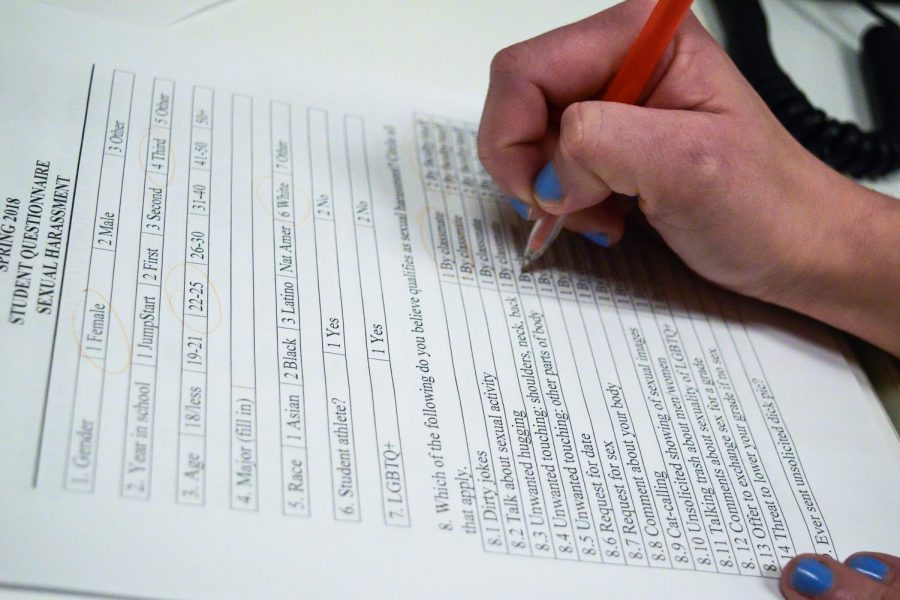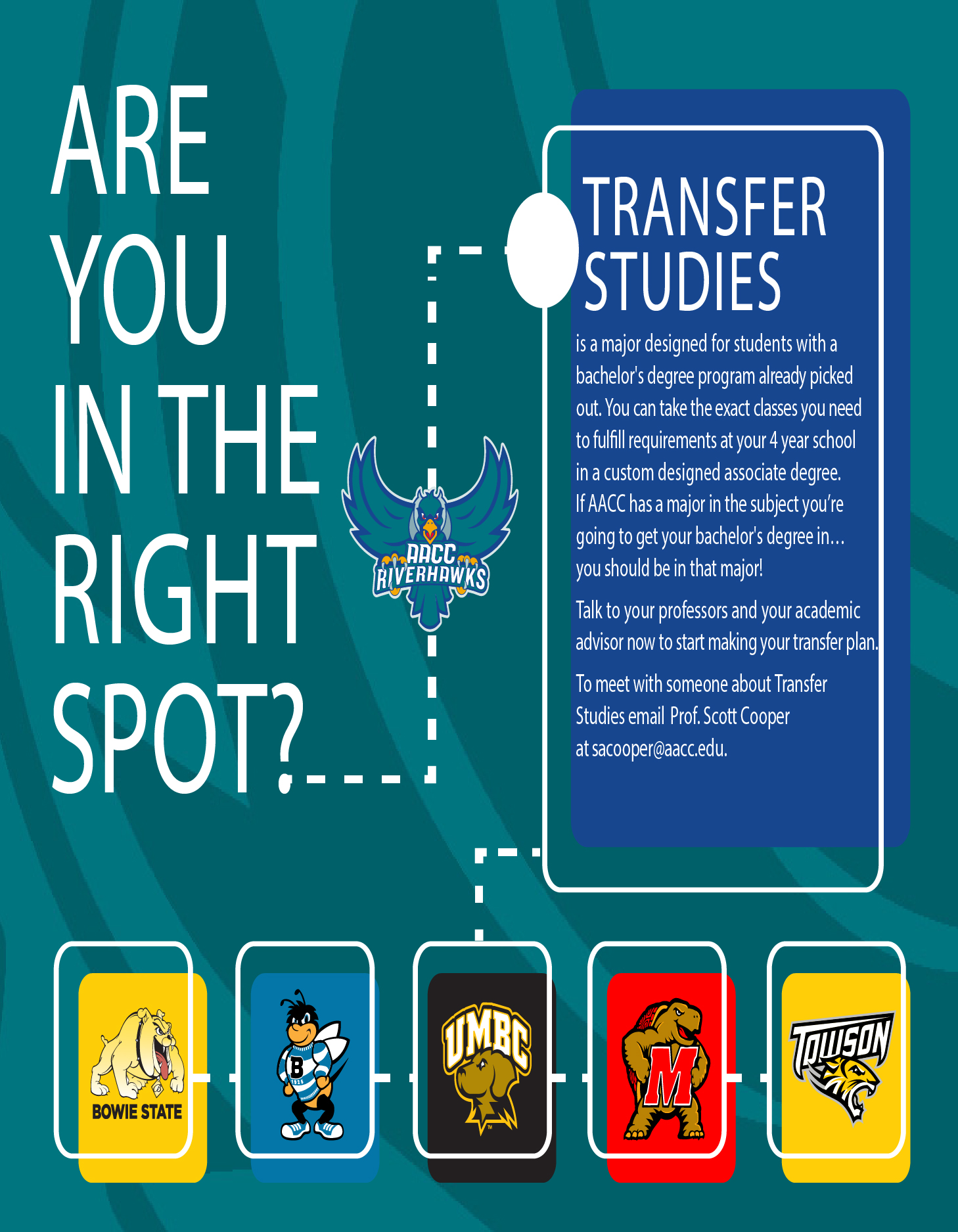Harassment at Arnold low, says campus poll
Campus Current surveyed 338 students across the Arnold campus in April. More than half said they have been harassed, but fewer than 4 percent said it happened on campus.
May 1, 2018
Slightly more than half of AACC students say they have been sexually harassed, but fewer than 4 percent claim they have been harassed on campus, according to a Campus Current survey.
Of the 338 students Campus Current surveyed across the Arnold campus in April, slightly more than 51 percent said they have been sexually harassed. But only 12 students said they were harassed on campus.
According to AACC’s Public Relations and Marketing office, the college received 13 official complaints about sexual harassment between 2015 and 2018—an average of three reports per year. Most incidents were between students, although one 2017 report and another earlier this year involved an instructor.
Another 2017 complaint was between faculty and staff.
“I feel safe here,” one anonymous female student wrote on the survey. “[But] I’m afraid to transfer. … I’m worried about going to a larger college where I would live on campus.”
Nearly 67 percent of women and exactly 25 percent of men on campus said they have been sexually harassed at some point. Of the 10 students who identified their gender as “other,” seven said they have been sexually harassed, but not on campus.
“It happens to both genders,” another female survey respondent said. “We can’t ignore that men get sexually harassed, too.”
Twenty percent of students in the Campus Current survey who said they were sexually harassed also said they reported it. Of the 12 students who said they were harassed at AACC, three said they reported it.
That number mirrors national statistics, which have revealed that 7.7 percent of college students who are sexual harassment victims report it, according to a 2015 survey by the Association of American Universities.
“My harasser did it to seven others, but the others said they would deny that they were harassed if I told,” said one woman who said she had been harassed off campus but did not report it.
Slightly more than 48 percent of the surveyed students said they do not know how to report sexual harassment. (See related story on Page 9.)
Since the end of last year, the issue of sexual harassment has gained national attention. When dozens of women accused prominent film producer Harvey Weinstein of sexually harassing or assaulting them, women across the country started using the hashtag #MeToo to share similar experiences.
More than 90 percent of surveyed students said the national attention to the issue of sexual harassment over the past eight months has been a good thing.
“It helps victims realize they’re not alone—and that’s a big thing [because it often] doesn’t get reported,” one female respondent said.
But she added the new attention to the issue has put people under intense national scrutiny. “People can be so vile: ‘Oh, she was asking for it because of what she wore.’ … [So] it’s good and it’s bad.”











